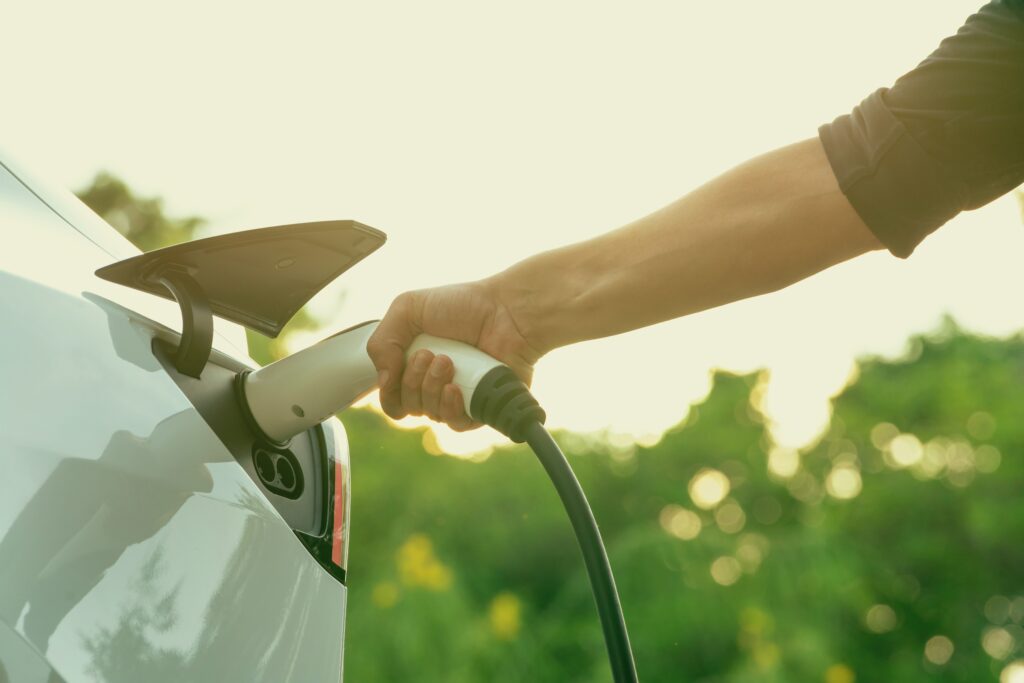The government faces criticism from car manufacturers who claim current rules to promote electric vehicles (EVs) are too harsh. They say demand for EVs is lower than expected, making it hard to sell enough cars.
1. Subsidize the Cost
EVs are still more expensive than petrol or diesel cars. This is due to smaller production volumes and high battery costs. Although the government offers some subsidies, these don’t benefit everyone. Experts suggest interest-free loans for used EVs and halving VAT on new cars. This could be funded by ending the fuel duty freeze.
2. Make Cheaper Electric Cars
The price of EVs has fallen as battery prices decrease. However, truly affordable options remain scarce. While some manufacturers focus on more expensive models, cheaper alternatives are emerging, like the Dacia Spring and Leapmotor T03. By 2025, budget-friendly models like BYD’s Seagull will be available in the UK.
3. Cut Out the Confusion
The government plans to ban new petrol and diesel cars by 2030, but the target keeps changing. This has confused consumers. Industry experts recommend clear, consistent communication on the dates and costs of switching to EVs.
4. Cut VAT on Public Charging Points
Public charging points are often more expensive than charging at home due to a higher VAT rate. Charging at home costs 5% VAT, while public chargers cost 20%. Reducing VAT on public charging points to 5% would make EVs more affordable for everyone, especially those who can’t charge at home.
5. Improve the Public Charging Network
Many potential EV buyers worry about the availability of charging stations. While the number of charging points is growing, finding a free, working charger can be a challenge. The government aims for 300,000 charging points by 2030, but local authorities are delaying permits, slowing down the expansion. Greater support is needed to overcome planning and grid connection barriers.
